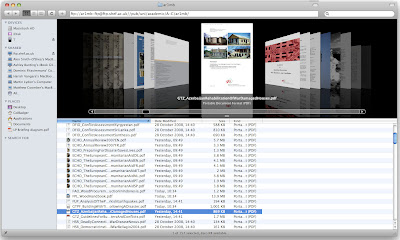In an age where continual political conflicts and natural disasters displace populations from their homes all over the world on a recurrent basis, it might seem surprising that young architecture students hoping to enter the field of humanitarian aid work are far from in demand. Conversely, it isn’t until the age of 25 that young people become ‘useful’ to the humanitarian field, once they have gained the appropriate experience and knowledge.
For many of us taking part in the Shelter Library project, this is our first time working within the humanitarian sector. Therefore, to a certain extent, our process of sourcing relevant resource material, whether mission specific reports or hard UN technical field guidelines, is one that we have been conducting ‘in the dark’ so to speak. Our lack of experience or intrinsic knowledge of the subject has presented us with a whole mass of information that is often difficult to specify as either useful or not. The internet is a sea of information and there is a danger of being overwhelmed with material that is seemingly appealing to us yet practically useless to aid workers in the field. ‘Nice ideas’ that remain untested or unsupported by credible agencies are a source that we are learning to be wary of.
As such, some sort of ‘filtering’ or feedback system is paramount to the library’s effective growth. Sending a current list of sourced titles, with author and publisher details, to Shelter Centre is a way of getting quick and immediate feedback on the types of material we are proposing for the library. This feedback system was instigated at the start of the week, and involves a daily email bulletin at the end of the evening listing the day’s findings, followed by a quick lunchtime conference call with Tom Corsellis the following day for title-by-title feedback in the form of ‘yes’ and ‘no’, and more importantly, ‘why’.
Naturally, the more feedback received, the more informed the continuing search. We become more self-critical about what we select as we become more aware of the credibility of certain sources. Thus, while the goal of achieving 500 titles might seem ambitious, we are becoming more efficient day by day as the feedback process expands. And while the subject matter is vast and new, we are in fact acquiring knowledge every day, whether consciously or not.
-For many of us taking part in the Shelter Library project, this is our first time working within the humanitarian sector. Therefore, to a certain extent, our process of sourcing relevant resource material, whether mission specific reports or hard UN technical field guidelines, is one that we have been conducting ‘in the dark’ so to speak. Our lack of experience or intrinsic knowledge of the subject has presented us with a whole mass of information that is often difficult to specify as either useful or not. The internet is a sea of information and there is a danger of being overwhelmed with material that is seemingly appealing to us yet practically useless to aid workers in the field. ‘Nice ideas’ that remain untested or unsupported by credible agencies are a source that we are learning to be wary of.
As such, some sort of ‘filtering’ or feedback system is paramount to the library’s effective growth. Sending a current list of sourced titles, with author and publisher details, to Shelter Centre is a way of getting quick and immediate feedback on the types of material we are proposing for the library. This feedback system was instigated at the start of the week, and involves a daily email bulletin at the end of the evening listing the day’s findings, followed by a quick lunchtime conference call with Tom Corsellis the following day for title-by-title feedback in the form of ‘yes’ and ‘no’, and more importantly, ‘why’.
Naturally, the more feedback received, the more informed the continuing search. We become more self-critical about what we select as we become more aware of the credibility of certain sources. Thus, while the goal of achieving 500 titles might seem ambitious, we are becoming more efficient day by day as the feedback process expands. And while the subject matter is vast and new, we are in fact acquiring knowledge every day, whether consciously or not.
 FTP Document Store
FTP Document Store





No comments:
Post a Comment